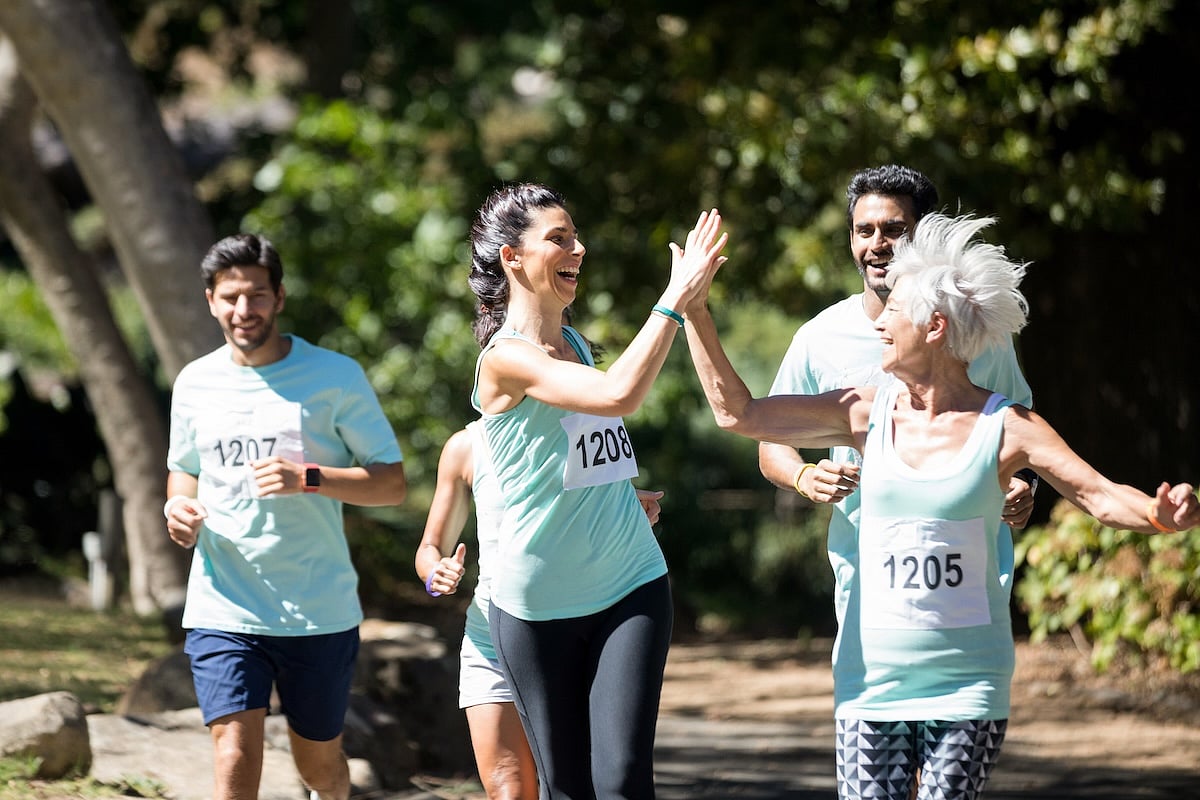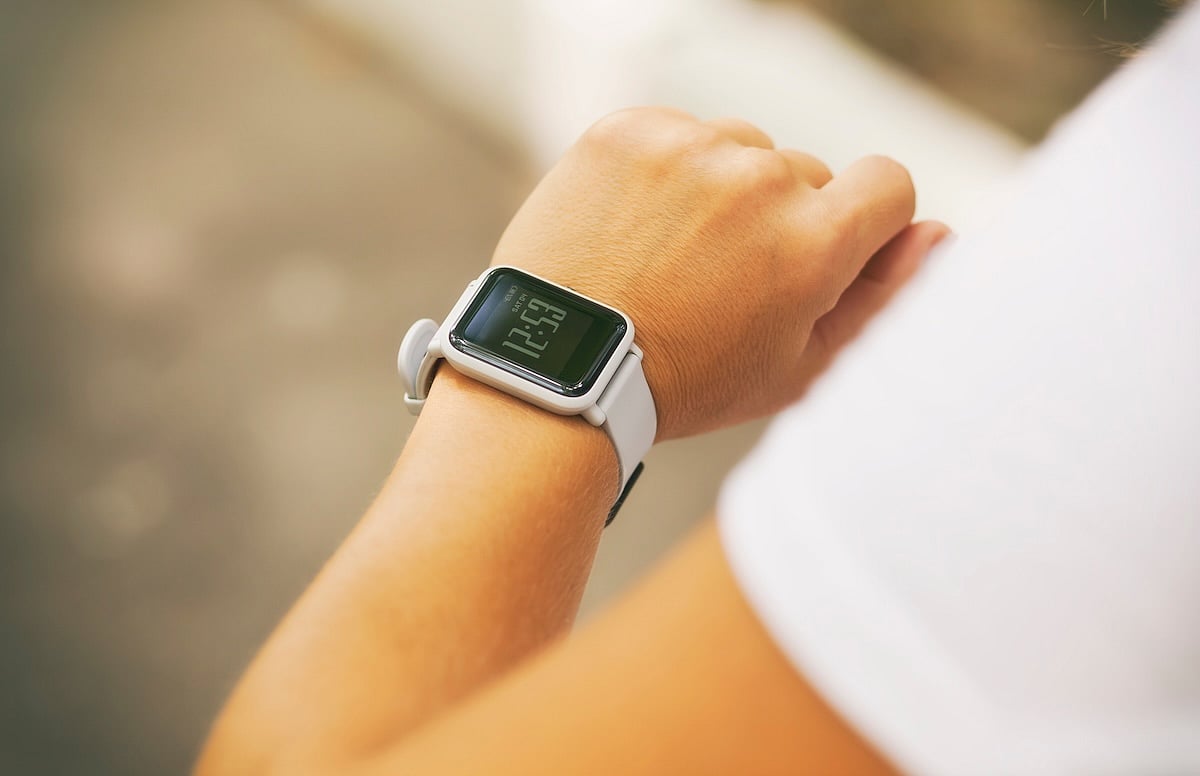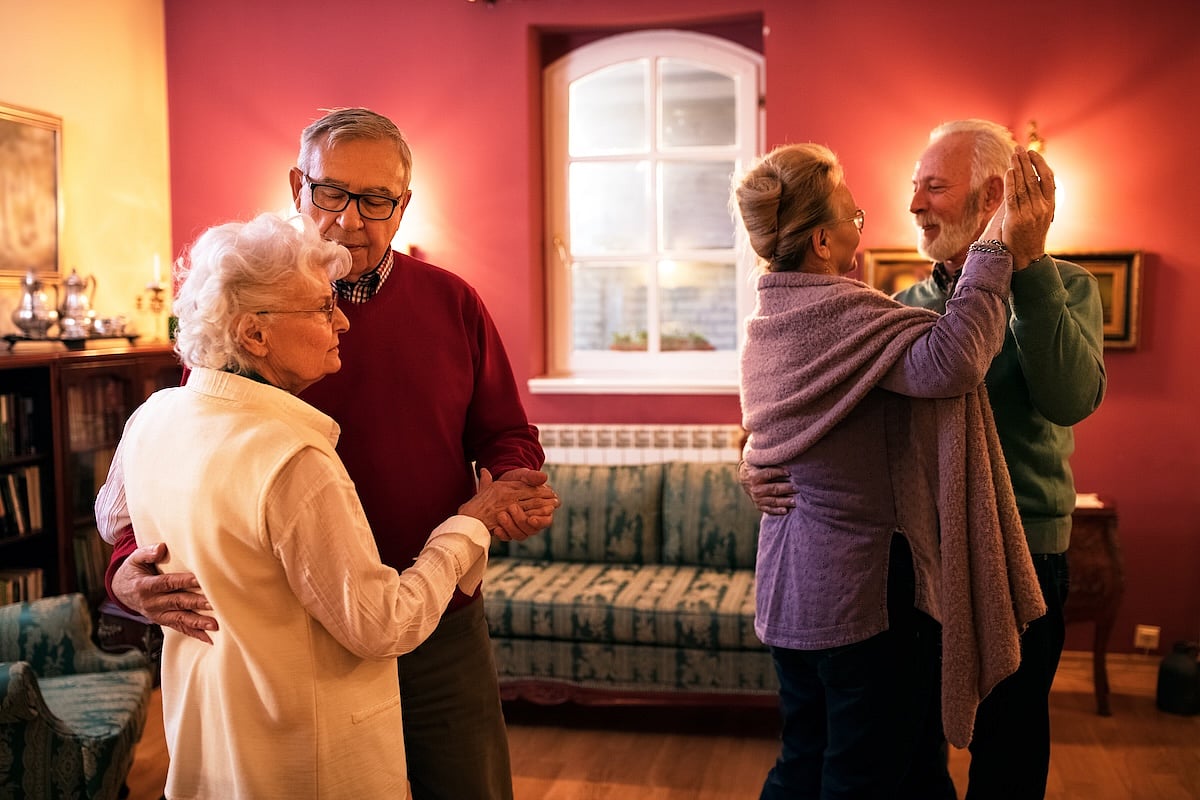
A marathon can be a daunting challenge, particularly for folks worried their hearts can’t stand the strain of running 26.2 miles. But these events are safer than ever for those with heart concerns, according to a new study published March 30 in the Journal of the American Medical Association. The risk of dying from cardiac arrest during a long-distance event decreased by half during the past decade, a new study says. It’s not that fewer runners are suffering heart problems. The rate of cardiac arrests that occur during full and half-marathons has remained unchanged, researchers found. “We continue to see media reports about unfortunate cases of cardiac arrest during long distance running events,” lead researcher Dr. Jonathan Kim, an associate professor of sports cardiology with the Emory School of Medicine, noted in a news release. However, a runner’s odds of surviving cardiac arrest are double what they were in the past, researchers said The sport has become more aware of the heart risks of running and is doing a better job preparing emergency response for stricken athletes, Kim said, based on interviews he’s had with survivors. “What we found was that every one of those people got hands-on cardiopulmonary resuscitation, but the vast majority also had immediate access to an automated external defibrillator,” Kim said. “That’s the difference.” The cardiac arrest survival rate at a… read on > read on >


























-300x200.jpg)













